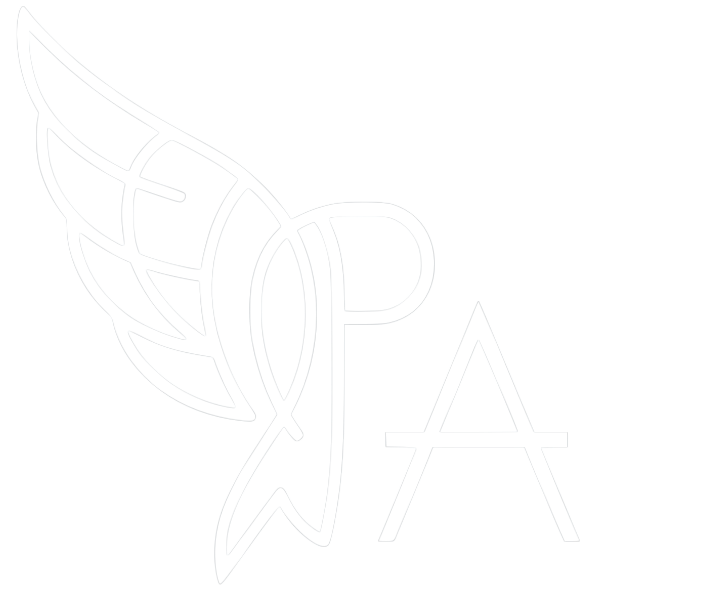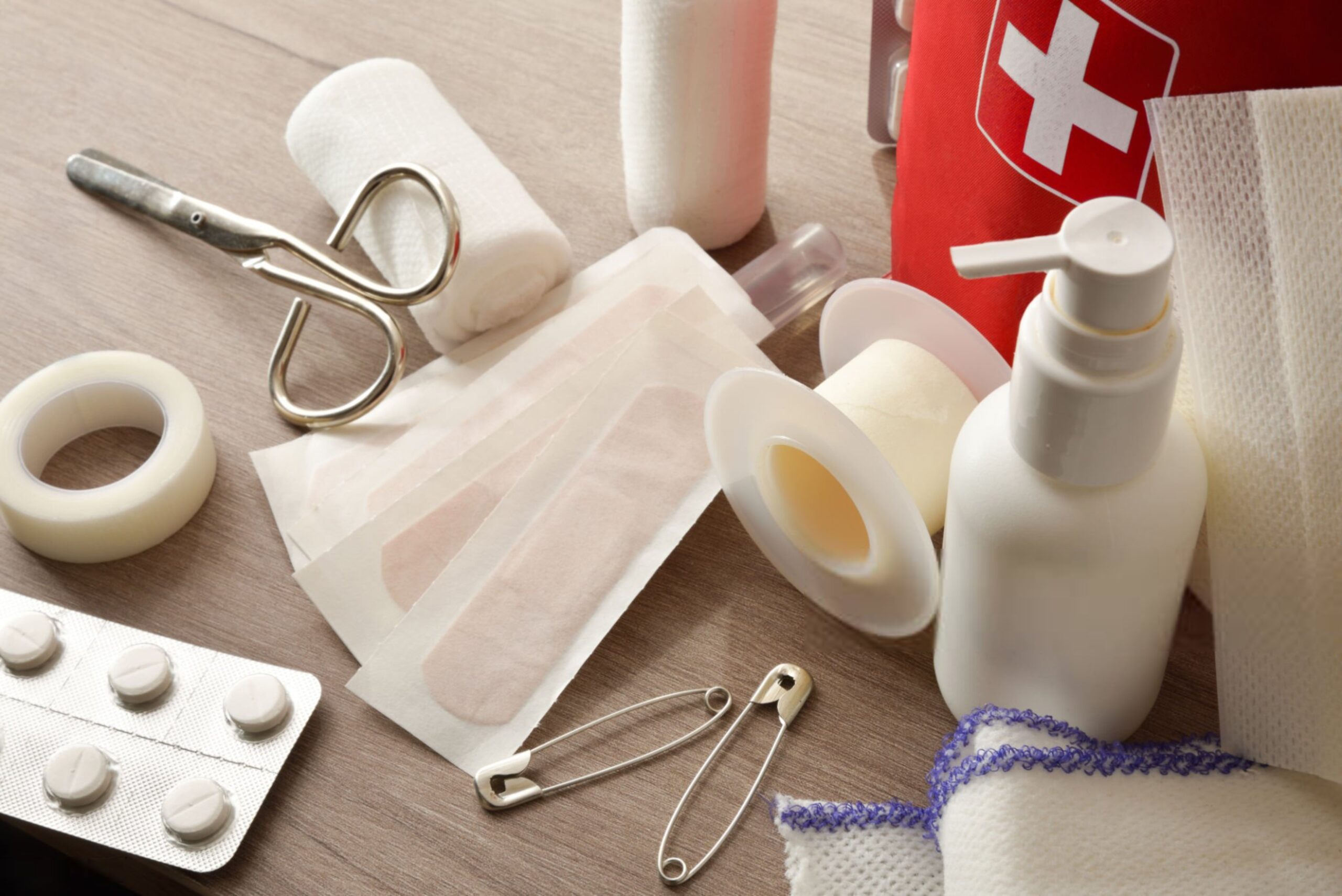Keeping a well-stocked supply of essential medical items at home can help you handle minor injuries, sudden illnesses, and emergencies effectively. Whether it’s treating a cut, managing a fever, or addressing minor burns, having the right tools readily available can make all the difference.
Here’s a list of the top 10 medical supplies every home should have:
1. First Aid Kit
A first aid kit is a must-have in every household. It should include items like adhesive bandages, gauze pads, medical tape, scissors, tweezers, and antiseptic wipes.
Why You Need It:
For quick treatment of cuts, scrapes, and minor injuries.
2. Digital Thermometer
A thermometer is essential for checking body temperature and monitoring fevers.
Why You Need It:
To detect and manage fever, which is often an indicator of infection or illness. A digital thermometer is accurate, quick, and easy to use.
3. Pain Relievers and Fever Reducers
Keep common over-the-counter medications like acetaminophen (Tylenol) or ibuprofen (Advil) in your home.
Why You Need It:
To relieve headaches, muscle pain, and reduce fever in both adults and children.
4. Antiseptic Solutions
Products like hydrogen peroxide, isopropyl alcohol, or iodine solution are vital for cleaning wounds and preventing infection.
Why You Need It:
To sanitize cuts and scrapes before applying a bandage or dressing.
5. Bandages and Dressings
A variety of adhesive bandages, sterile gauze, and medical tape are essential for covering and protecting wounds.
Why You Need It:
To stop bleeding and keep wounds clean during the healing process.
6. Antihistamines
Keep antihistamines like diphenhydramine (Benadryl) or loratadine (Claritin) on hand to manage allergic reactions.
Why You Need It:
For relief from allergies, hives, or minor reactions to insect bites or stings.
7. Cold and Heat Packs
Reusable or instant cold packs and heating pads are invaluable for treating injuries and managing pain.
Why You Need It:
- Cold packs: Reduce swelling and numb pain from injuries like sprains.
- Heat packs: Relieve muscle pain and stiffness.
8. Gloves and Masks
Disposable gloves and surgical masks are essential for hygiene and protection during medical emergencies or when dealing with illnesses.
Why You Need It:
To prevent the spread of germs and maintain a sterile environment.
9. Tweezers and Scissors
A pair of sharp medical-grade scissors and tweezers are useful for removing splinters, cutting gauze, or trimming bandages.
Why You Need It:
For precise and safe handling of wounds and minor injuries.
10. Emergency Contact Information
While not a “supply,” having a list of emergency numbers (e.g., local hospitals, poison control, and your doctor) is essential.
Why You Need It:
Quick access to professional help during emergencies can save time and lives.
Bonus Items:
- Burn Ointment: For soothing and treating minor burns.
- Antidiarrheal and Antacid Medications: For digestive issues.
- Pulse Oximeter: To monitor oxygen levels during respiratory illnesses.
- Splints or Elastic Bandages: For supporting sprains or minor fractures.
- Saline Solution or Eye Wash: For cleaning out debris from eyes or wounds.
Tips for Maintaining Your Medical Supplies:
- Check Expiry Dates: Regularly inspect medications and replace expired items.
- Keep Everything Organized: Store supplies in a labeled container or bag.
- Make It Accessible: Place the kit in an easily reachable spot, away from children.
- Educate Your Household: Ensure everyone knows where the supplies are and how to use them.
Conclusion
Having these essential medical supplies at home equips you to handle minor health issues and emergencies with confidence. They’re not just convenient; they can make a critical difference in unexpected situations. Regularly update your kit to ensure you’re always prepared for any medical need.
Stay safe, and keep your home ready for any situation!

.png)


.png)